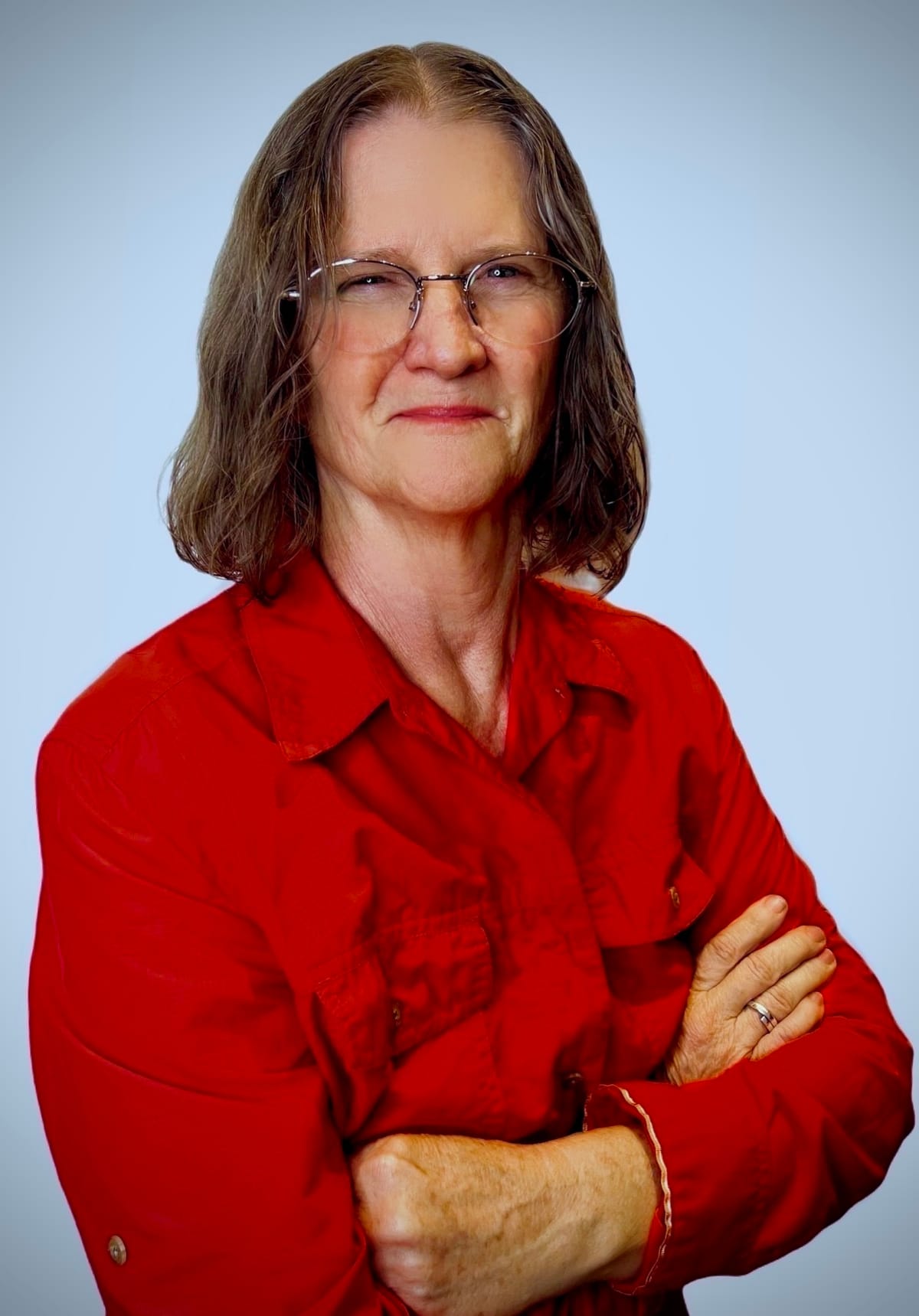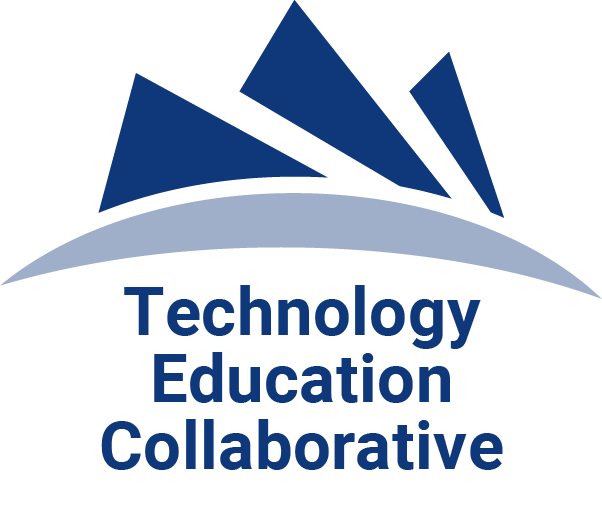Interview with Laura Ellington, Complex Concept Translating Engineer
Early in my career I did experience the assumption that I was participating in a meeting to take notes. To which my response was, "I am here as an engineer to share in the discussions."

Interview lightly edited for clarity and length.
What is/was your work title? What did you/do you do in your day-to-day?
I had multiple positions/titles/roles throughout my career. I started as a Co-op Engineer (four different assignments, two different industries).
Upon receiving my Bachelor of Science, I became a Member of Technical Staff I (progressing to Member of Technical Staff II, Lead Engineer, Staff Engineer) in a research and development telecommunications engineering corporation.
Other titles I've held are Technology Education Manager, Senior Trainer, Systems Engineer, Software Quality Assurance Manager, Corporate Leader Fellow, Documentation Manager, Software Test Engineer, Programmer Analyst II, Access Analyst, and Telecommunications Engineer.
My daily activities changed with the position title and employer's needs.
Typical activities include the following
- system analysis
- simulation creation
- data modeling
- field support
- web application development, programming, vendor selection
- communication and monitoring
- departmental software quality assurance
- manage technician
- lead IV&V test team (independent verification and validation)
- run team meetings
- sell systemic process change to all staff levels
- translate technical information for audiences ranging from Vice President level to external customer
- troubleshoot process/system/software/hardware
- extensive verbal/written/video communication.
Do you feel like being a professional woman in STEM impacted your work, either on a daily level or long term over the course of your career? If so, how?
There were multiple different impacts. I was sometimes or never not accepted based on my knowledge level. I was also passed over for field/travel assignments, my authority/function was usurped by less skilled males, and I was made to feel that a career break was career-ending.
The men didn't trust that I knew what I was talking about and the women thought I was a b**. One time, I learned a male in the organization went to another male colleague of mine to tell him I was competent. I had no idea my abilities were even in question. After that, I 'cc'ed a lot more things.
I am by nature an assertive female which meant that on occasion I heard feedback of being difficult to work with because I used the same techniques I witnessed as being effective for my male peers.
Early in my career I did experience the assumption that I was participating in a meeting to take notes. To which my response was, "I am here as an engineer to share in the discussions."
On a daily basis, both at work and in my personal life, my skills were not sought out as a valid resource. Unfortunately, this last issue still continues today.
What differences, if any, do you think there are today for young women beginning their STEM careers and when you started your career?
The difference I am seeing is that there is more encouragement, outreach, and opportunities to learn about all of the STEM fields.
The only thing that I was told about STEM was try to be an engineer, chemist, or mathematician. I have met a number of women students in my role as a community college tutor who are considering working in a STEM field. Unfortunately, there is still the message young women have internalized that you have to "really good at math" to go into a STEM field.
What specific steps did you take to further your career?
I took graduate classes to pursue a master of science degree in engineering.
I did take a break after being riffed in a layoff to participate in a fellowship. This fellowship was designed to transfer engineering knowledge to a sponsoring business. The fellows were tasked with doing the following activities simultaneously: work at the business part-time; participate in leadership skill training designed to groom employees for a management position in a STEM field; and take a full-time load of graduate classes to complete an MS engineering degree.
I took the opportunity to be in the entrepreneurial fellowship where I was the first female and the only person to complete the leadership program in the five years since the program's inception. I was part of an 11-person cohort, three of whom were female. Unfortunately, none of the three females had the opportunity to advance into management.
More unfortunately, this program, which was within the engineering college, didn't provide information about management opportunities available after fellowship completion to any of the women.
What advice would you give young women in STEM today?
Search for as many opportunities as possible to speak with people in a STEM field and attend local focus group events/meetings so you will be seen.
If possible, find a gender-neutral variation of your name to put on your resume, signature block and student/employee ID.
Join professional societies and select the focus group for females to develop a strong network. Please speak confidently, acknowledge your accomplishment and be proud of your choice to be in a STEM field.
I’m curious to know your personal thoughts, observations, and ideas about being a woman in STEM today compared to when you started your career. Have things changed? Are they better or worse? Do you think women in STEM still face unique challenges?
I have noticed that girls in elementary school are excited about STEM. But that is not supported through the secondary school educational in a positive manner due to concentration on meeting scores on standardized tests.
Some of the cultural issues that existed at the start of my career are still there. There is a prevalent 'male privilege's' preference, especially by men who believe that [Equal Employment Opportunity guidelines] are unfair. EEO is a good start, possibly, to encourage employers to hire women, but the culture in the workforce supporting the growth of women still needs improvement.
Yes, women in STEM do face unique challenges when their assumed role in a family is held against them.
Please feel free to add any additional thoughts or insights.
Thank you for creating a forum that is able to include young women (middle to high school), college students, active career, and career re-entry seekers.

